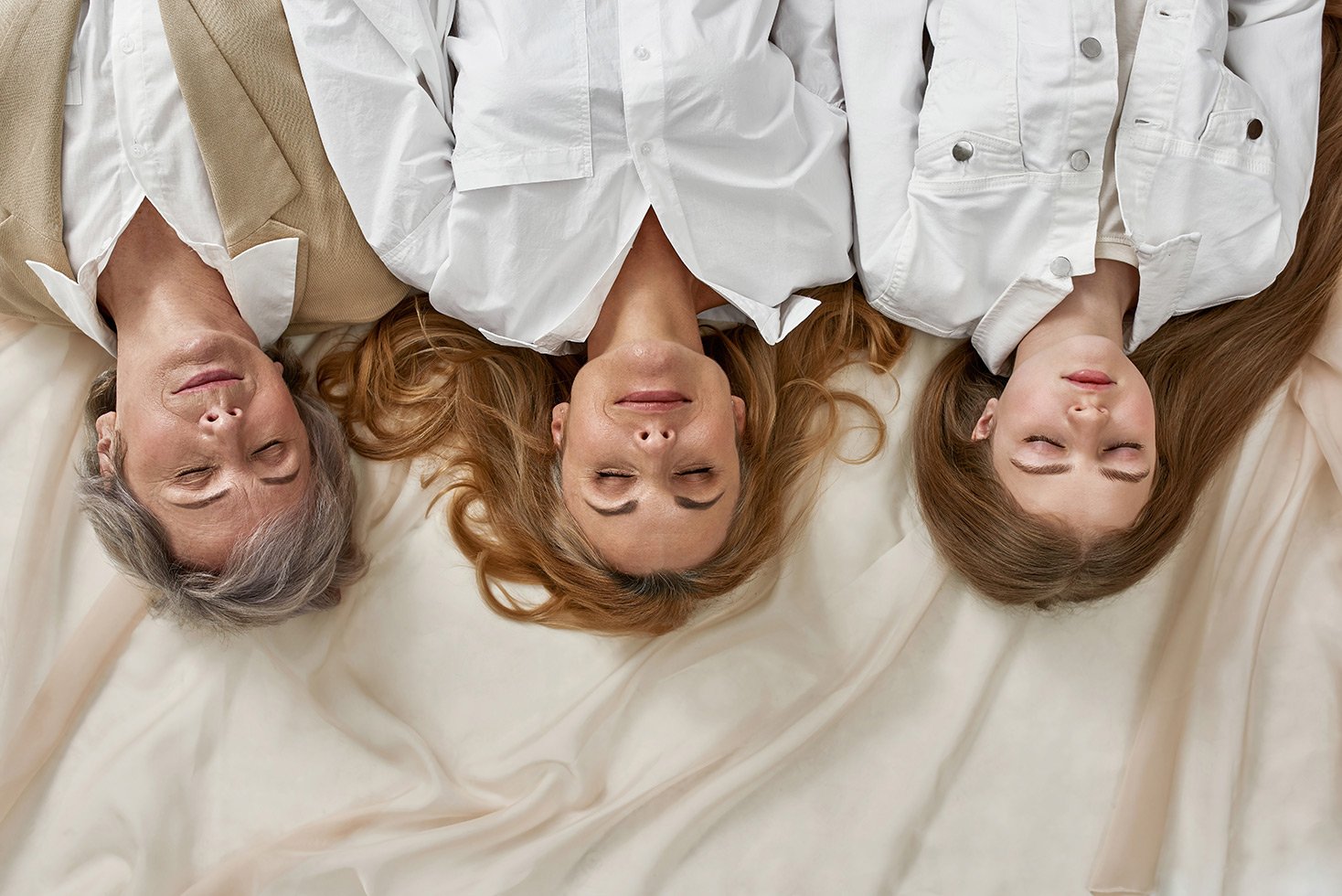So why do we sleep anyway?
We spend around a third of our lives asleep, so what’s in it for us? Good sleep gives us a sense of wellbeing. When we’re asleep our bodies save energy, strengthen our immune system, repair tissue and cells, consolidate memory content and regulate metabolic processes. Adequate, good-quality sleep is also essential to maintain optimum cognitive function and stimulate memory.
To sleep is to live
While those who suffer from very poor sleep are as yet in the minority in Switzerland, their numbers are on the rise.
There are two main sleep disorders: insomnia (problems getting to sleep and staying asleep, and waking early) and sleep apnea (breathing stops during sleep due to blocked airways). Both of these disorders cause a serious decline in performance and ongoing tiredness throughout the day, with sufferers sometimes actually falling asleep; a lack of sleep can thus be dangerous.
Taming sleep
Our sleep patterns change over the course of our lives. We tend to sleep less as we grow older. An infant can sleep for up to 17 hours a day, whilst an elderly person often has to make do with 7 hours or even less. Sleep quality also varies over the years. More than a quarter of a young adult’s sleep is deep sleep, whereas their grandparents’ sleep is much lighter, with only an eighth of their sleep being deep sleep. As we age, our sleep changes; in a manner of speaking, it too “gets older”.

Rules for good sleep
A few simple rules can help achieve good sleep.
- Always go to bed at the same time
- Adopt a sleep routine/relaxation exercises
- Establish a pleasant sleeping environment
- Don’t use the bed for anything other than sleeping
- Avoid taking stimulants just before bed time
- Dim the lights during the evening and at night
- Avoid napping

Don’t worry too much
It’s important not to focus too much on sleep. Our bodies are quite capable of coping with a lack of sleep; what is more, sleep is dynamic and changes over the years. Daily routines can greatly affect our sleep quality; the less active you are, the less you’ll sleep. Sleeping pills aren’t a long-term solution, because they often reduce deep sleep and can be addictive.
Hope through hypnosis
In their study on deep sleep, researchers Maren Cordi and Björn Rasch compared women who were receptive to hypnosis. After listening to hypnotic suggestions before sleep, their deep sleep increased by 80 % compared to when they listened to a neutral text.
According to biopsychologist Björn Rasch, Psychology Professor and Director of the Sleep Research lab at the University of Fribourg, “this finding opens up promising new prospects for improving the quality of sleep without the use of drugs”.
If you’d like to find out more
We recommend Professor Björn Rasch’s book (in German only):
Schlaf: Rasch erklärt (Rasch on sleep), Hogrefe, 2021



